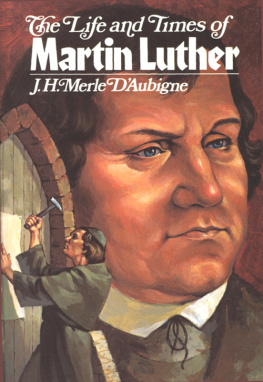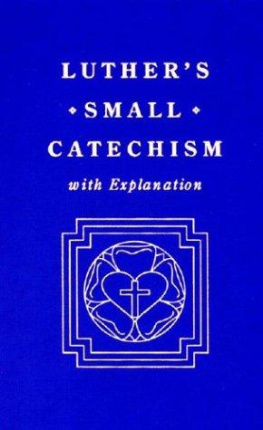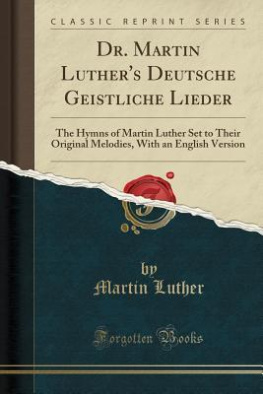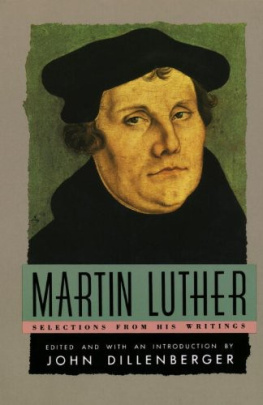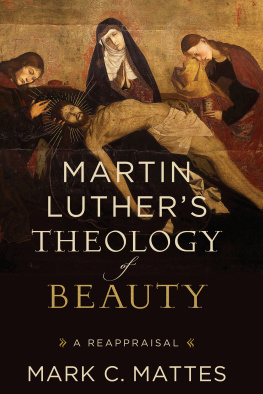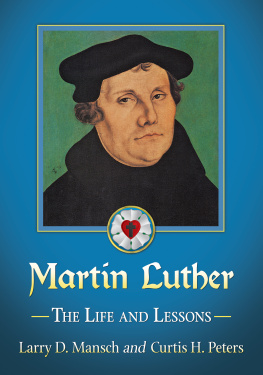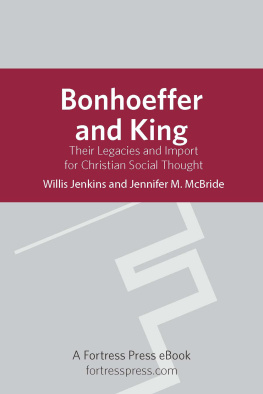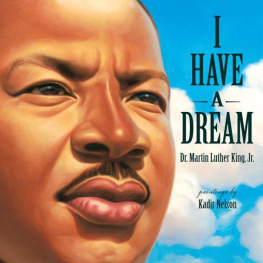M. L. (Martin Luther) Holbrook - Homo-Culture; Or, The Improvement of Offspring Through Wiser Generation
Here you can read online M. L. (Martin Luther) Holbrook - Homo-Culture; Or, The Improvement of Offspring Through Wiser Generation full text of the book (entire story) in english for free. Download pdf and epub, get meaning, cover and reviews about this ebook. year: 1897, publisher: M.L. Holbrook, genre: Romance novel. Description of the work, (preface) as well as reviews are available. Best literature library LitArk.com created for fans of good reading and offers a wide selection of genres:
Romance novel
Science fiction
Adventure
Detective
Science
History
Home and family
Prose
Art
Politics
Computer
Non-fiction
Religion
Business
Children
Humor
Choose a favorite category and find really read worthwhile books. Enjoy immersion in the world of imagination, feel the emotions of the characters or learn something new for yourself, make an fascinating discovery.

- Book:Homo-Culture; Or, The Improvement of Offspring Through Wiser Generation
- Author:
- Publisher:M.L. Holbrook
- Genre:
- Year:1897
- Rating:4 / 5
- Favourites:Add to favourites
- Your mark:
- 80
- 1
- 2
- 3
- 4
- 5
Homo-Culture; Or, The Improvement of Offspring Through Wiser Generation: summary, description and annotation
We offer to read an annotation, description, summary or preface (depends on what the author of the book "Homo-Culture; Or, The Improvement of Offspring Through Wiser Generation" wrote himself). If you haven't found the necessary information about the book — write in the comments, we will try to find it.
Homo-Culture; Or, The Improvement of Offspring Through Wiser Generation — read online for free the complete book (whole text) full work
Below is the text of the book, divided by pages. System saving the place of the last page read, allows you to conveniently read the book "Homo-Culture; Or, The Improvement of Offspring Through Wiser Generation" online for free, without having to search again every time where you left off. Put a bookmark, and you can go to the page where you finished reading at any time.
Font size:
Interval:
Bookmark:

WISER GENERATION.
OF THE BRAIN," "HOW TO STRENGTHEN THE MEMORY,"
"ADVANTAGES OF CHASTITY," ETC., ETC.
M. L. HOLBROOK & CO.
L. N. FOWLER & CO.
M. L. Holbrook.
1897.
| STIRPICULTURE. |
| Page. |
| Plato's Restrictions on Parentage; Lycurgan Laws; Plutarch on the Training of Children; Infanticide Among the Greeks; Group Marriage; Making Children the Property of the State; Grecian Methods Not Suitable to Our Time; Sexual Selection; Difficulties in the Way; An Experiment in Stirpiculture; Intermarriage; Woman's Selective Action; Man's and Woman's Co-operation; The Individual's Rights; Spiritual Sympathy in Marriage; |
| PRENATAL CULTURE. |
| Jacob's Flocks; An Illustrative Case; Beliefs of Primitive Peoples; Birthmarks Rare; Why Children Resemble Parents; Life's Experiences Affecting Child; Germ-plasm; Congenital Deformities; Psychical Diseases; Telegony; Power of Heredity; Sobriety in the Father; Sacredness of Parentage; Self-control; |
| HEREDITY AND EDUCATION. |
| Theories; Continuity of the Germ-plasm; A Rational View of Heredity; Heredity and the Education of Children; Intellectual Acquirements; Instinct; Knowledge or Heredity; Individuality; Spectre of Heredity; |
| EVOLUTION'S HOPEFUL PROMISE FOR A HEALTHIER RACE. |
| Sexual Selection; Human Selection; Natural Selection; Conflict between Evolutionary Theories and our Humane Sentiments; Ideal of Health; Adaptation to Environment; Knowledge; Effects of Living at High Pressure; Girls in Manufacturing Districts; Co-operation: an Example; Hygiene; |
| THE GERM-PLASM; ITS RELATION TO OFFSPRING. |
| What is the Germ-plasm? The Primitive Egg; Fertilization of the Mother-cell Necessary to Produce True Germ-plasm; What Fertilization Does; Its Process; Helps to Explain Heredity; Health of the Germ-plasm Necessary in Stirpiculture; Surplus Vitality Necessary for Producing the Best Children; Duncan's Statistics as to Ages of Parents of Finest Children; Effects of Alcohol on Offspring; Food and the Germ-plasm; Effect of Air and Water on Germ-plasm; Effect of Diseases on Germ-plasm; Every Child Born an Experiment; |
| FEWER AND BETTER CHILDREN. |
| Darwin's Opinions; Race Modifications by Natural Selection; Grant Allen's Views; Spencer's Views on Parental Duties; Limiting Offspring Among the Natives of Uganda; The Fijians; Children of Large Families often Superior to those in Small Families; Some Reasons for this; |
| A THEORETICAL BABY. |
| Our First Baby; We had Theories; What Some of Them Were; My Wife's Love for Me; My Sentiments; The Child's Easy Birth; Mother's Rapid Convalescence; The Child's First Bath; Forming Good Habits Early; No Crying at Night; Never Rocked to Sleep; His Bed; Keeping the Stomach and Bowels Right; Colic, Irritability and the Necessity for Diapers Eliminated; Number of Meals Daily; The Infant's Clothing; At One Year Old; Teething Gives Little Trouble; Requires Considerable Water; Learning to Creep, Stand, Walk and Talk by His Own Efforts; Invents His Own Amusements; Companionship With Parents; Mothering; Learning Self-control; Obedience; Playmates; |
| Notes |
Font size:
Interval:
Bookmark:
Similar books «Homo-Culture; Or, The Improvement of Offspring Through Wiser Generation»
Look at similar books to Homo-Culture; Or, The Improvement of Offspring Through Wiser Generation. We have selected literature similar in name and meaning in the hope of providing readers with more options to find new, interesting, not yet read works.
Discussion, reviews of the book Homo-Culture; Or, The Improvement of Offspring Through Wiser Generation and just readers' own opinions. Leave your comments, write what you think about the work, its meaning or the main characters. Specify what exactly you liked and what you didn't like, and why you think so.

